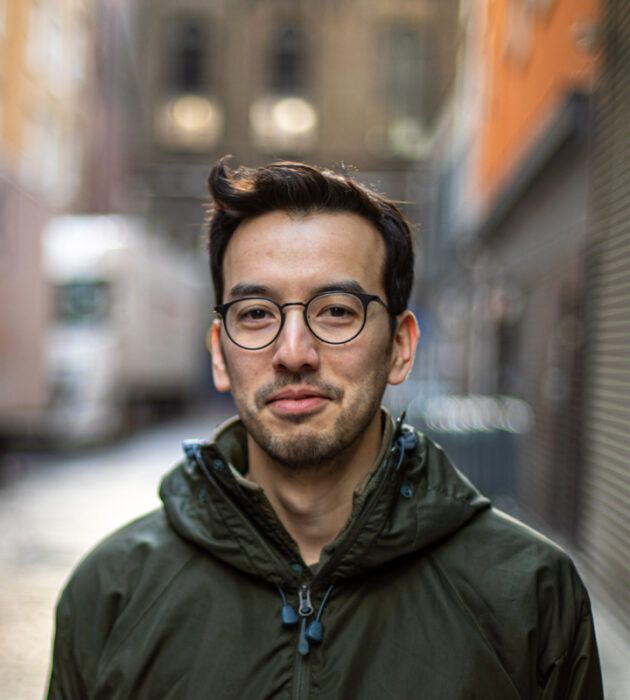
Zach Moss
5 June 2014
My Life, My Decision: What the Project Means to Me

- It has been a learning process through which EOL has become something ‘real’ and ‘do-able’;
- The psychological barriers have been lowered – EOL is something I can more readily address now;
- I have discovered I can get help from trusted advisers – and I will now use them to finish my abandoned LPAs (initials that, for me, have come to mean Lingering Personal Angst!).
- I have hope that I can finally achieve peace of mind for myself, but above all, for those dear to me;
- I feel better equipped to pass a convincing message on to others in the communities I live and work with;
- I also feel better prepared to contribute to the over-arching, national drive to ensure that we all live well and age better.

 This month the Big Lottery are celebrating their tenth anniversary of helping communities flourish – we are really excited about continuing to develop our work with communities across England with their support! And congratulations to Big Lottery for their big 10!
This month the Big Lottery are celebrating their tenth anniversary of helping communities flourish – we are really excited about continuing to develop our work with communities across England with their support! And congratulations to Big Lottery for their big 10!
 Photocredit to Caroline Mardon
Photocredit to Caroline Mardon